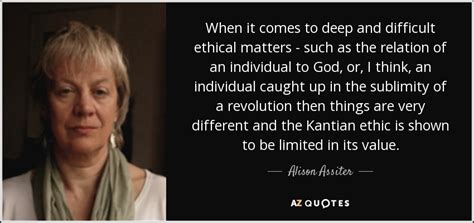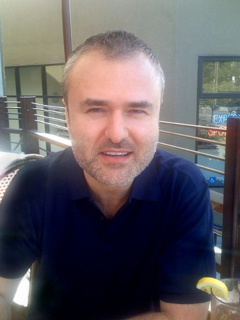A Quote by Tim Berners-Lee
The concept of the Web is of universal readership.
Quote Topics
Related Quotes
We, in the New York Times, have not yet figured out how to grow our international readership. We started a website in China, which the Chinese government has blocked, but it has a pretty healthy readership. The Guardian, for instance, has gotten tremendous growth through its website in the US. We have to figure out how to go after readership in different parts of the world.
I've toyed with this idea [of Fresh Hell] for a long time. I actually wrote a feature years ago with this sort of concept in mind, and it's gone through several incarnations, and... It wasn't 'til I met Chris Ellis, who directed me in a little thing that was actually for a ride in Universal Singapore, for those of you who happen to be going to Universal Singapore.


































